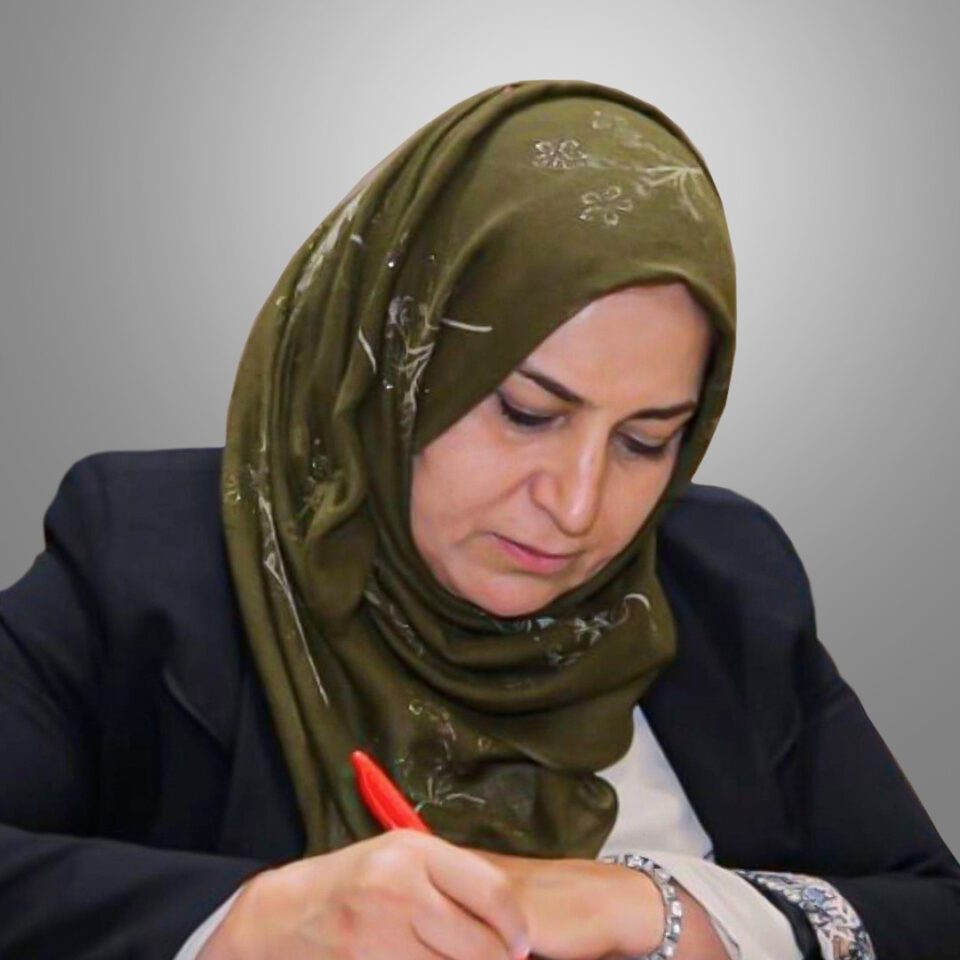By | Dr. Nazaket Hussen
Nearly every nation in the world has experienced disasters and tragedies, sometimes even more than once. While some of these events have been so significant that they gained global recognition, most have seen some form of compensation, whether material or moral, allowing the survivors to find some measure of peace. However, the tragedies that have befallen the Kurdish people throughout history remain unresolved, and no compensation, whether material or moral, has been sufficient to bring peace to the survivors. In fact, the lives of most survivors of chemical bombings, the Anfal campaigns, and mass killings are so burdened that many still wish they had perished alongside their martyrs.
Although the Kurdistan Regional Government has provided compensation to many of these survivors, the scale of the atrocities is so vast and their impacts so deep that the region’s government alone cannot address the numerous crises and political and economic challenges these tragedies have created. Responsibility for compensating these crimes lies with the Iraqi government, and it should be funded from its budget and revenues. Yet, we are still in the process of discovering the remains of Anfal victims, the disappeared from Halabja, the victims of chemical weapons, the Anfalis of Barzani, and the Yazidi genocide. The Iraqi government, however, has not seriously addressed these tragedies or provided justice to the victims.
These stories continue to haunt us; every year and every moment, this nation is reminded of its pain through the discovery of a corpse, a mass grave, a chemical bombing victim, or a rescue from ISIS. The ongoing indifference and negligence of the federal government compound these tragedies, not only by failing to provide compensation but also by refusing to recognize the genocide and crimes of extermination. The open wounds of these unresolved files and the continuous revival of these stories are more painful than the original crimes. The ongoing threat of such crimes, the genocide of the Yazidis by ISIS, starvation, deprivation of citizens’ rights, and the denial of their constitutional rights are all continuations of the past crimes committed against this nation.
The various illegal and unconstitutional retaliations, as well as the creation of crises that obstruct the growth of this region, are clear evidence of a desire to prevent the healing of this nation’s wounds. Therefore, it can be said that the Anfal campaign, chemical bombings, and extermination through various means are still ongoing against the people of this region.

